Disclosure: This post may contain affiliate links, meaning I get a commission if you decide to make a purchase through my links at no cost to you. I am a REALTOR® licensed in the state of Utah, License No. 11785411-SA00 and affiliated with Presidio Real Estate (South Jordan).
Book Review: The Anxious Generation
Book Review: The Anxious Generation by Jonathan Haidt
What I’ve learned as a parent, grandparent, and teacher, and what we can do better.
When my neighborhood book club chose The Anxious Generation by Jonathan Haidt, I had a feeling it would hit close to home. I wasn’t wrong. As a Millennial parent who raised kids in the thick of the smartphone and social media boom, I’ve wrestled with the very challenges Haidt outlines: the surge in teen anxiety and depression, the addictive grip of screens, and the way virtual life has quietly replaced the real one.
Now, as a grandmother, I’m looking at a new generation with fresh eyes, asking the question that echoes throughout Haidt’s book: How can we do better?
A Look at The Anxious Generation
Haidt’s central thesis is simple yet deeply unsettling: childhood has been rewired. The rise of smartphones, social media, and a decline in unsupervised play have contributed to a generation of kids who are more anxious, more depressed, and less socially connected than ever before. Using compelling data, historical comparison, and psychological insight, Haidt draws a direct line from “phone-based childhood” to the mental health crisis we now face.
He outlines four foundational pillars of healthy child development: independence, real-world interaction, free play, meaningful challenge, and explains how a digital-first lifestyle has compromised each. The book doesn’t simply diagnose the problem; it gives us a roadmap to recovery, especially for those of us raising or guiding the next generation.
My Personal Connection
Reading this book wasn’t just an academic exercise; it was a personal reckoning. My ex-husband suffered from severe gaming addiction that I mistook for a hobby. As the years passed, I realized he was fully withdrawn from real life and was unwilling to take responsibility to become an independent adult. When I attempted to hold him accountable to promises he made, I would often find myself the target of his rage, especially if I interrupted a gaming session. Soon, my life had devolved into hours of waiting for him to emerge from the basement and engage with me. Our marriage couldn’t survive the vacuum his addiction created, and eventually, we divorced.
As I read Haidt’s discussion on virtual worlds and the replacement of face-to-face relationships with online interaction, I felt the weight of it all over again. Gaming became my ex’s reality, just as social media is becoming the only “place” many kids now know how to interact. The result in both cases is the same: real-world detachment, stunted emotional development, and fragile human connection.
Raising Kids in a Digital World
My children were raised in a world where social media had always been present. My daughter, now an adult, has completely rejected social media. She’s seen the chaos, the shallowness, and the endless comparison trap, and she walked away. My son still uses it, but sparingly and with discernment. I consider that a win, but also a lesson. It wasn’t always easy to fight the cultural current, and there were moments I wondered if I was doing enough.
I recognize the irony of posting this review, this experience, and hosting a blog that I promote on social media. Like anything in life, moderation and judicious use are essential. Where social media can be useful, such as in business networking, information sharing, and keeping in touch with friends and relatives, it can be damaging. As adults, we have the frontal cortex development to make sound decisions regarding our social media use, but children don’t, and that’s where change needs to happen.
Now that I have grandchildren, I see another chance, not just to protect them, but to rebuild something better.
What I’m Doing Differently with My Grandkids
Thanks to Haidt’s research and guidance, I’m making intentional changes when my grandchildren are in my care:
More Play-Based Learning: We focus on hands-on exploration and creative play over screen time. There’s messy art, baking cookies, and long afternoons outside. It’s not always convenient, but it matters.
Unsupervised Play (When Age-Appropriate): I want them to experience the freedom I had as a child, to invent games, negotiate rules, and navigate minor conflicts without an adult stepping in every time.
Oversight of Technology: We are thoughtful about when and how we introduce phones or social media. Right now, we’re focused on delaying that moment as long as possible. When it does come, it won’t be without clear boundaries and constant conversation.
These choices aren’t just about nostalgia. They’re rooted in a desire to give our grandkids the resilience and connection that Haidt argues is being lost in the digital era.
The View from the Classroom
As a substitute teacher in Utah, I’ve seen firsthand what Haidt describes. I travel between different schools in the same district, where they each have different rules regarding smartphones. In the schools where smartphones are allowed freely or are only asked to be put away in pockets or backpacks, behavior issues are rampant, attention spans are fractured, and real social bonds are harder to find. But in schools that limit or ban smartphones, by requiring them to be locked in magnetic pouches, you can feel the difference: kids talk to each other more, focus better, and the entire classroom culture is calmer and more engaged.
Post-COVID, the changes are even starker. I’ve had students sit together for weeks in the same class without learning each other’s names. That’s unimaginable to me. When I was in school, we knew everyone in our graduating class. Many of those people are still my friends today. I worry this generation won’t have lifelong friendships like we did. Instead, they’re trading real, lasting bonds for casual, online “connections” that disappear as quickly as they appear.
Why This Book Matters
The Anxious Generation is not a light read; it’s a call to action. It urges us to reclaim childhood from devices, to give kids back the tools for resilience, and to fight for real human connection in a digital world.
I highly recommend this book to anyone raising, teaching, or loving a child. Whether you’re a parent, grandparent, or educator, it will give you clarity, courage, and practical steps to push back against a culture that tells us “everyone’s doing it” when it comes to screens.
Our kids and our grandkids deserve better. And The Anxious Generation gives us a way forward.
Have you read Haidt’s book? Are you making changes in your own home or classroom? Let’s keep the conversation going—because connection starts with us.
⭐ Rating: 5 out of 5 stars
Essential for parents raising children in the era of smartphones and social media. Also, a critical read for educators and legislators to thoughtfully curate a roadmap for a better future for our children.
Other Books I’m Reading
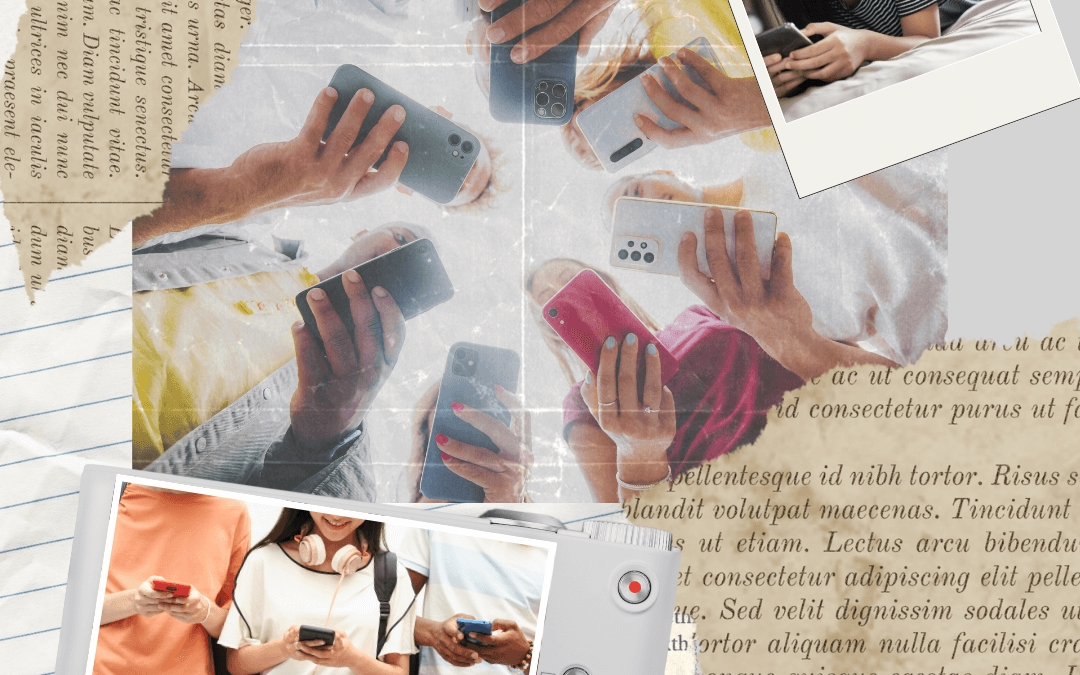
Journaling Prompts Inspired by The Anxious Generation
Journaling for Connection in a Disconnected World: Prompts Inspired by The Anxious GenerationIf you’ve been feeling uneasy about the rise in teen and young adult anxiety, or if you’ve seen it firsthand in your own children, grandchildren, or even yourself, Jonathan...
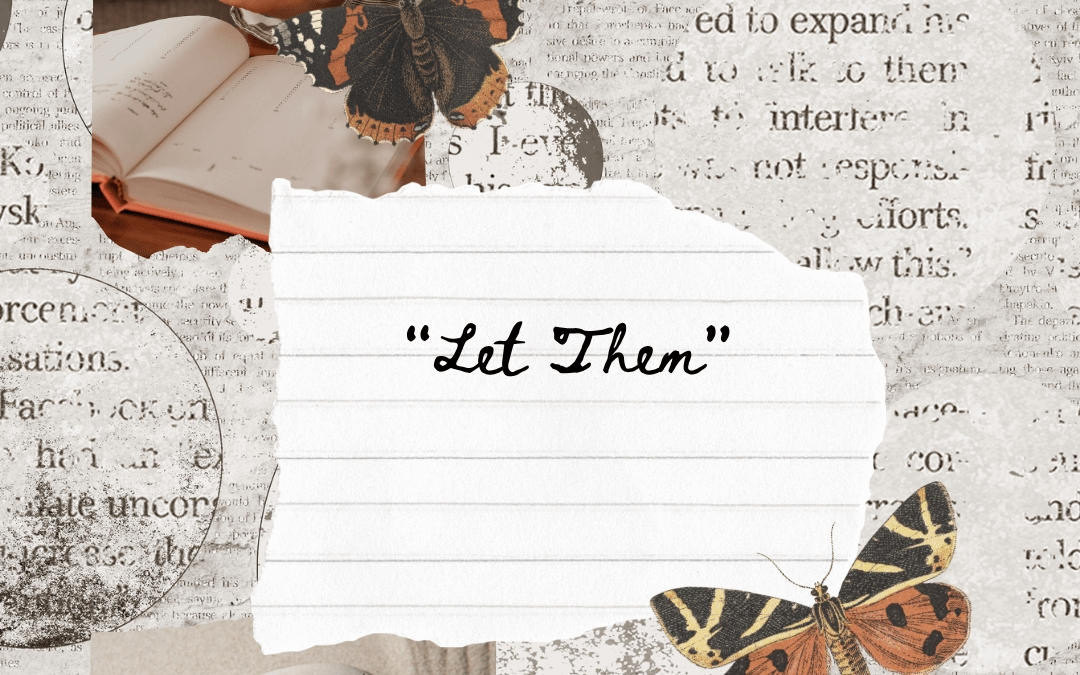
Journaling Prompts Inspired by The Let Them Theory by Mel Robbins
Letting Go to Grow: Journaling Prompts Inspired by The Let Them Theory by Mel RobbinsThis week, we’re drawing powerful journaling inspiration from The Let Them Theory, the bold, refreshing mindset shift from Mel Robbins that’s all about radical self-permission....
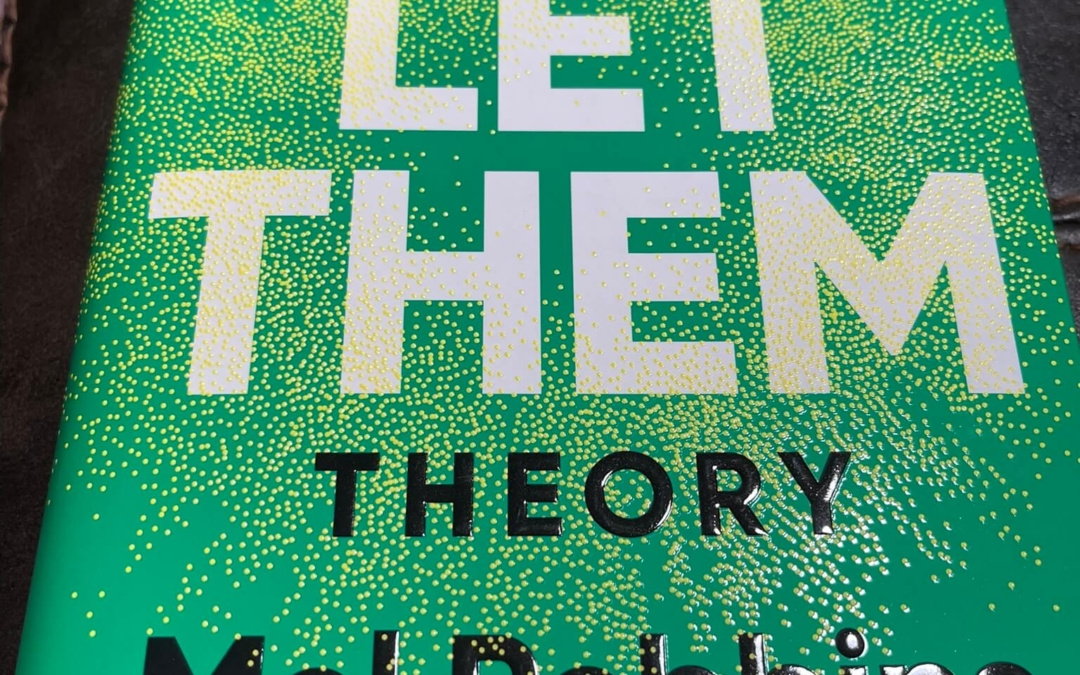
Book Review: The Let Them Theory by Mel Robbins
Book Review: The Let Them Theory by Mel Robbins; A Real Estate Agent’s PerspectiveWhen my broker recommended The Let Them Theory by Mel Robbins for our team’s book club, I expected another cheesy rah-rah cheerleader book with a bunch of affirmations and motivational...
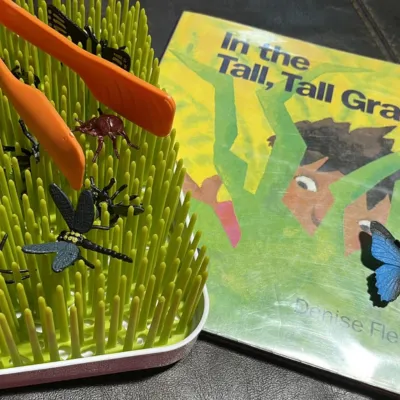
In The Tall, Tall Grass by Denise Fleming: A Book Review and Interactive Toddler Activity
Creeping, Crawling Fun with In the Tall, Tall Grass – A Book Review + Interactive Activity for Curious Little HandsAs a grandma, few things bring me more joy than snuggling up with a good book and watching my grandkids light up as a story unfolds. One of our recent...

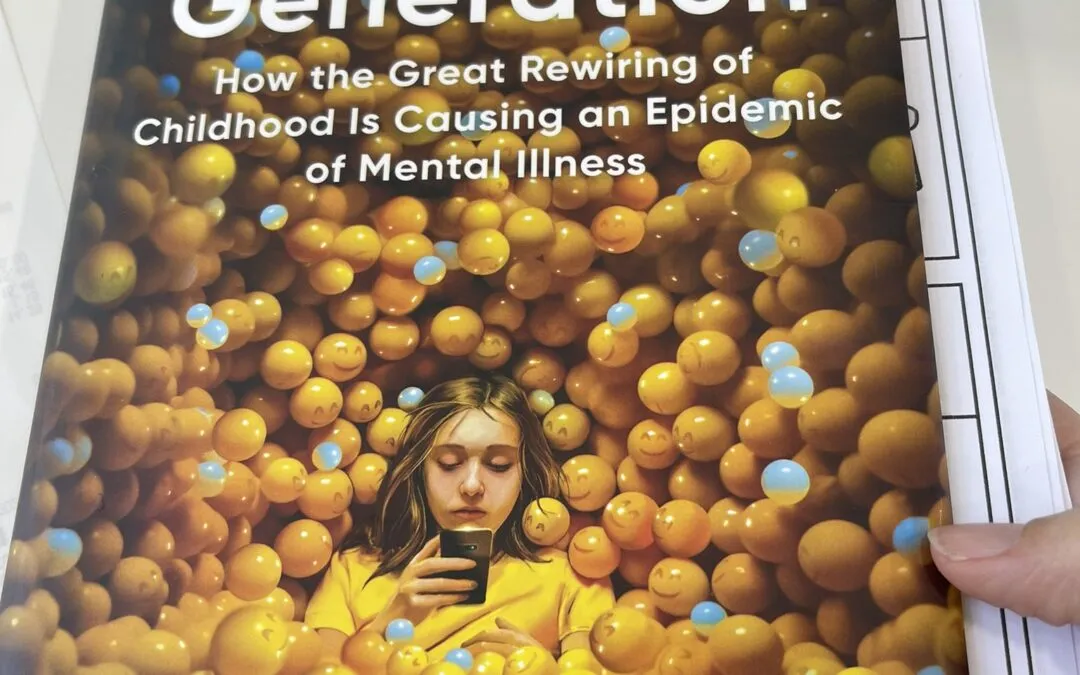
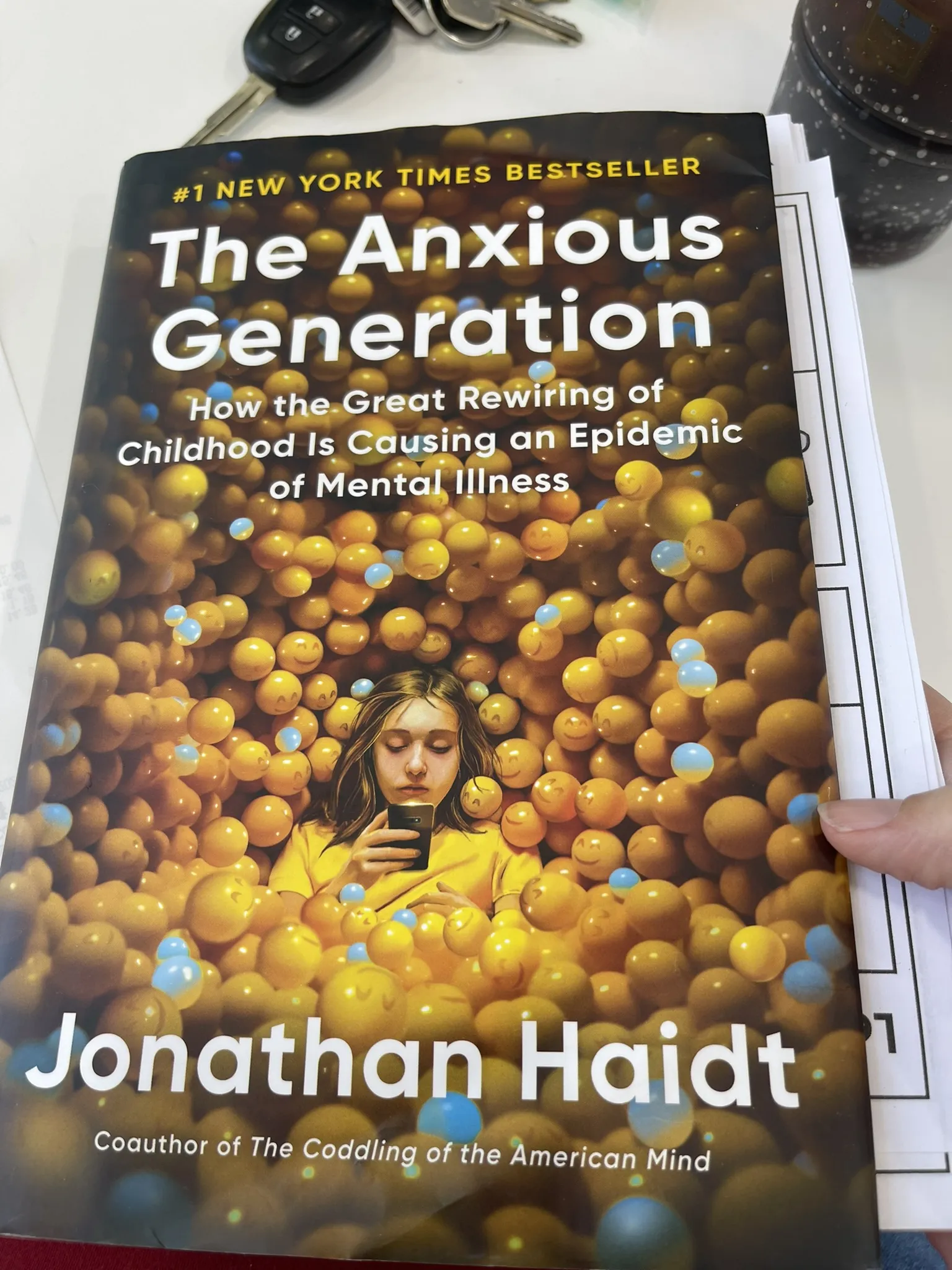
0 Comments